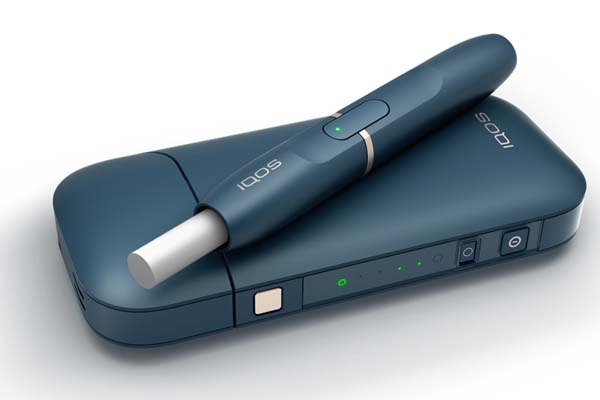Today (Feb. 18), Philip Morris International outlined its long-term strategy at the Consumer Analyst Group of New York Conference, emphasizing its accelerated shift toward smoke-free products. CEO Jacek Olczak and CFO Emmanuel Babeau said more than 40% of current net revenues now come from smoke-free alternatives and reiterated its goal of reaching two-thirds of total revenue from these products by 2030. For 2026–2028, PMI projects 6%–8% organic revenue growth, 8%–10% operating income growth and 9%–11% adjusted EPS growth, driven by high single-digit to low-teen smoke-free volume increases, strong pricing power and margin expansion. Smoke-free products generated $17 billion in revenue and 180 billion units in volume, delivering more than double the revenue and gross profit per unit compared with combustibles, while operating cash flow is expected to reach about $45 billion over the period.
“Somebody very recently interested in this category of smoke-free products, told me, ‘Jacek, your problem is not that there is too little science about this product. Your problem is that there is too much politics about these products,’” Olczak said. “Because the science is very indisputable what these products offer versus a cigarette. It just takes a while until it really starts penetrating and open the last, if I may say, closed minds in the world.”
Operationally, PMI has smoke-free products available in 106 markets, exceeding the company’s 2025 target, with three of four regions deriving over half of their revenue from smoke-free categories. PMI highlighted early success in Taiwan, where IQOS captured a 6% share in Taipei within three months of launch, and said growth in smoke-free volumes is expected to offset combustible declines. The company is also engaging regulators to expand market access and address illicit trade in the e-vapor segment, while targeting a net debt-to-EBITDA ratio near 2x by end-2026 and increasing dividend growth toward a 75% payout ratio of net profit.








